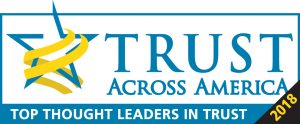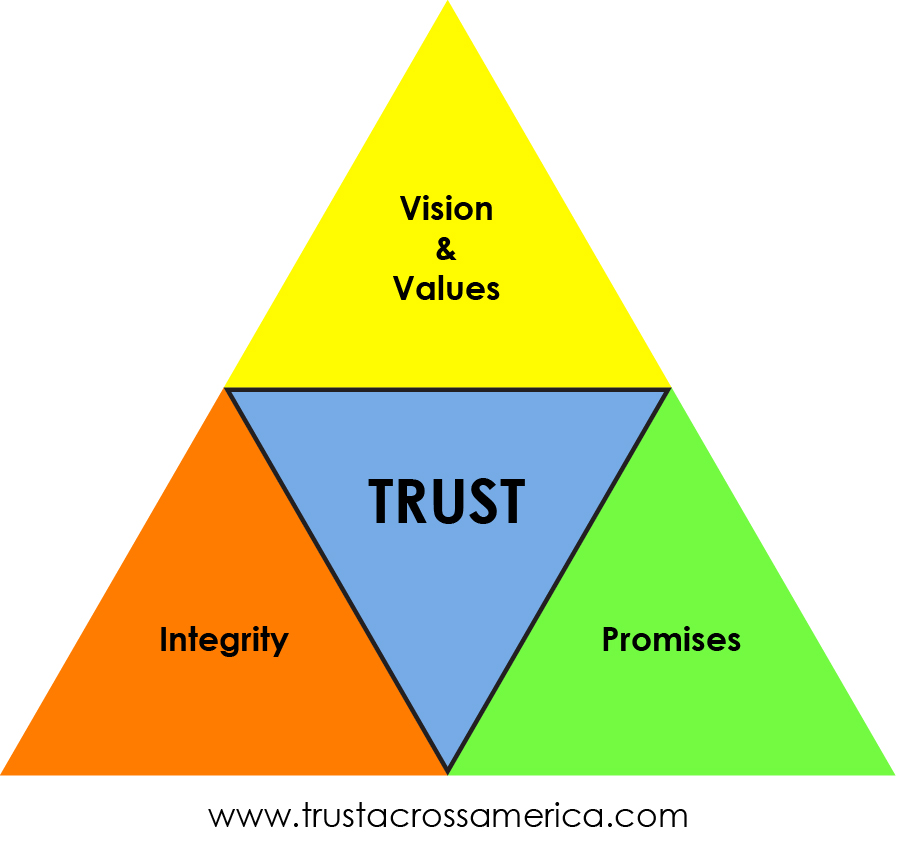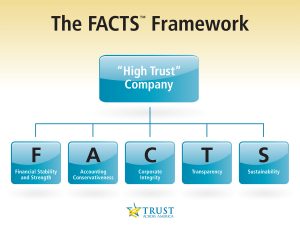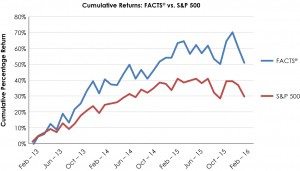The other day I was speaking with someone who is not familiar with my professional work. He told me that his company is asking all employees to complete an anonymous “satisfaction” survey, and now blasting email reminders to those who have not yet filled out the online questionnaire. I asked what was holding him back. His response… “I doubt it’s anonymous and I will NOT be honest for fear of losing my job. My colleagues are also nervous about how to handle this.”
I know a bit about this company since two generations of my family have used their services and watched their evolution from a “one man shop” in the 1960s. At one time my dad and the founder of the company used to “talk shop” in our garage. Fast-forward and the company is now a 50+ year-old family business in residential and commercial services with well over 100 employees. They have been acquiring competitors at a fast pace and had their “best year” in 2017. The founder is now retired and management (primarily family and family of family) has all worked their way up through the trenches.
From my customer perspective:
- Main office customer service is declining, with an emphasis on charges, not service
- The skill level of technicians is no longer consistent
- Up selling during service visits is increasing
- Prices have skyrocketed
Back to my conversation with the employee… I asked whether his manager had ever attempted to obtain the same “survey” information through any other means like face-to-face discussions, team conversations, workshops or professional development? He laughed and replied that such actions would surely result in fistfights, so “No.”
I pressed further. Why would fights break out? He responded with a list of reasons:
- Management plays favorites
- Demands on employees are unrealistic and uneven
- Politics runs rampant
- Lots of jerks in the room
- Nobody trusts anybody else
So what’s really happening here? Without any additional information I would point to lack of competent leadership, which has resulted in a culture of distrust. It’s one thing to run a small “mom and pop shop” and quite another to manage several acquisitions, rapid growth and on boarding of large numbers of new employees. Just because a person may be “family” doesn’t mean they are “cut out of the leadership cloth.”
Employee satisfaction surveys will do little to help this company except perhaps bolster management egos, and maybe provide some advertising “bragging rights” if all the employees exaggerate their responses for fear of job loss.
I wish this were a unique story. Is it?
Am I correct in my assessment of the “real” problem?
What should be done differently?
Barbara Brooks Kimmel is the CEO and Cofounder of Trust Across America-Trust Around the World whose mission is to help organizations build trust. A former consultant to McKinsey & Co., she also runs the world’s largest global Trust Alliance and is the editor of the award- winning TRUST INC. book series. In 2017 she was named a Fellow of the Governance & Accountability Institute, and in 2012 she was recognized as one of “25 Women who are Changing the World” by Good Business International. She holds a BA in International Affairs from Lafayette College and an MBA from Baruch at the City University of NY.
Join our Constant Contact mailing list for updates on our progress.
Contact me for more information.
Purchase our books at this link
Copyright 2018 Next Decade, Inc.











Recent Comments